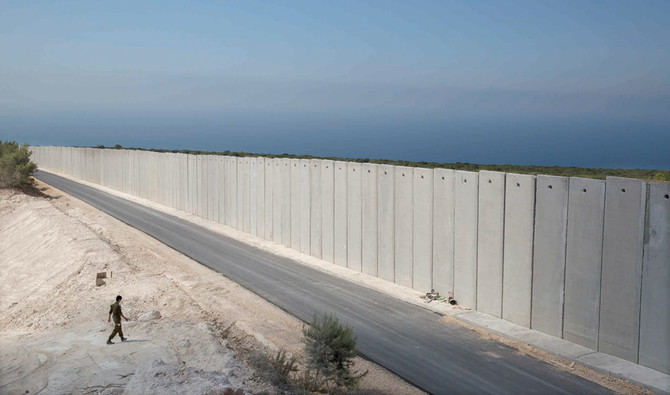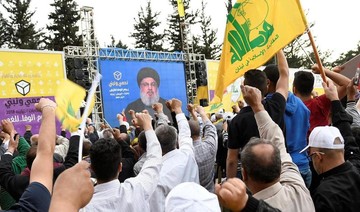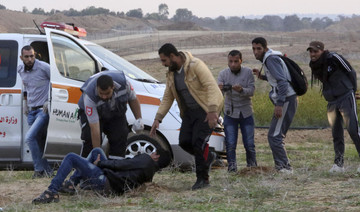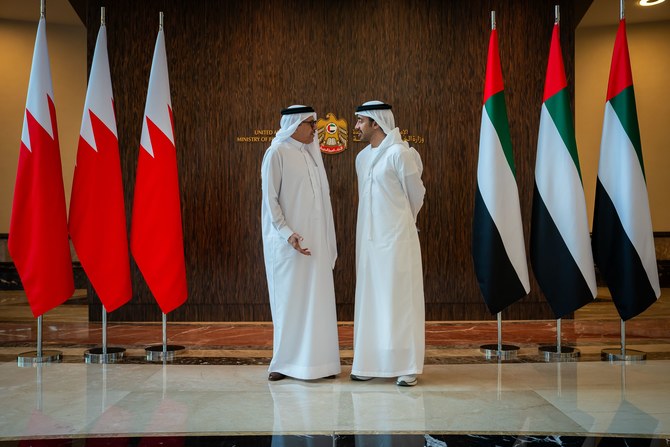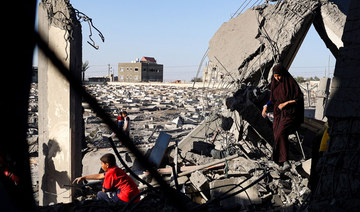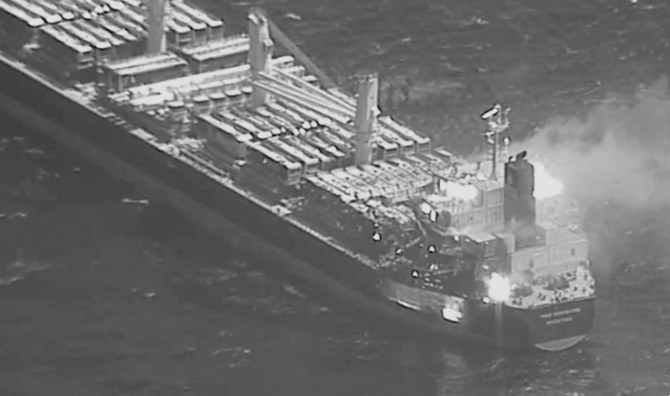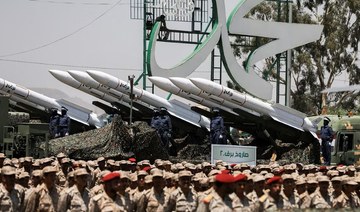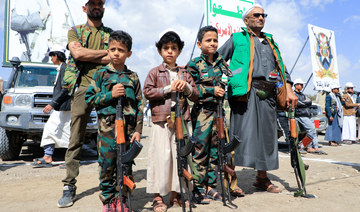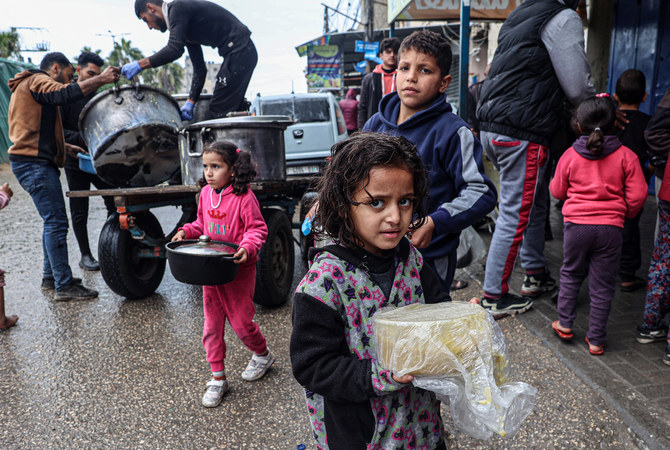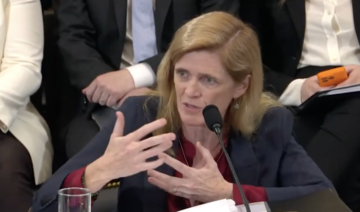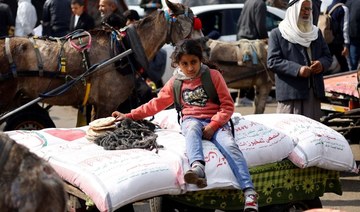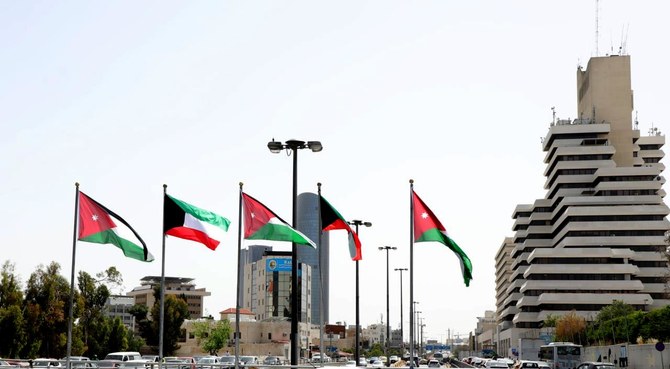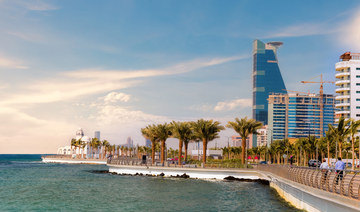ON THE ISRAEL BORDER: On a moonlit night, some two dozen Israeli soldiers in full battle gear march near a Lebanese border village with a bomb-sniffing dog, searching for explosives and infiltrators.
Suddenly the force stops. Through night vision goggles, two suspicious men appear over the ridge, holding what looks like binoculars. Could they be undercover Hezbollah militants? Lebanese soldiers on a night patrol? Or perhaps UN peacekeepers?
The men appear unarmed and since they are on the other side of the internationally recognized “blue line” that separates the two countries, Israeli troops move on, completing another routine foot patrol along a scenic frontier that has remained quiet but tense since the bloody battles of a 2006 summer war.
Even with attention currently focused on Gaza militants along the southern front, Israel’s main security concerns lie to the north, along the border with Lebanon.
Israeli officials have long warned the threat posed by Gaza’s Hamas rulers pales in comparison to that of Lebanon’s Iran-backed Hezbollah militant group — a heavily armed mini-army with an arsenal of some 150,000 rockets that can reach nearly every part of Israel. It is along this northern front that Israeli soldiers come face-to-face with Hezbollah militants and where any skirmish could spark an all-out war.
“The rules of the game are very clear. They know I’m here and I know they’re there,” said Lt. Col. Aviv, a regional battalion commander. “But if they break that equation, they are going to get hit.”
From his base along the border near the Israeli farming community of Avivim, he can see the hilltop Lebanese village of Maroun Al-Ras, a UN observer outpost and a new square house inside an agricultural field, assumed to be a Hezbollah lookout.
Under the UN-brokered cease-fire that ended the 2006 war, Hezbollah militants are prohibited from approaching the border. But Israeli intelligence says Hezbollah men operate freely, generally unarmed and in civilian clothes. Sometimes they come within just a few meters of the Israeli troops, it says.
When Israel’s Benjamin Netanyahu recently decided against a full-scale offensive in Gaza, he cited the current “security-sensitive period” in what was widely assumed to be a reference to the northern front.
Israel has generally refrained from engaging in Syria’s civil war, where Hezbollah has fought alongside Bashar Assad’s men, though it has carried out scores of airstrikes against what Israel says were Iranian shipments of advanced weapons bound for Hezbollah.
Israel flew its jets through Syrian skies with impunity. But that was severely restricted after a Russian plane was downed in September by Syrian forces responding to an Israeli airstrike, a friendly fire incident that stoked Russian anger toward Israel and hastened the delivery of sophisticated S-300 air defense systems to Syria.
With Syria’s civil war winding down, an empowered Hezbollah is now free to re-establish itself back home in Lebanon and refocus on Israel, said Eyal Ben-Reuven, a lawmaker and retired general who commanded Israeli ground troops in the 2006 war. Armed with more exact rockets and munitions, Hezbollah now poses a far more dangerous threat, he said.
“A terror organization, unlike a country, doesn’t stockpile weapons for deterrence but in order to use them one day,” he said. “I suspect they will now try to goad Israel. ... The war the Israeli military has to prepare for is the one against Hezbollah.”
Neither side appears interested quite yet in another full-fledged confrontation like the monthlong 2006 war, which ended in stalemate and in which more than 1,200 Lebanese and 160 Israelis were killed.
With a lagging economy and a paralyzed government, Lebanon appears unlikely to have the stomach for another war. Though emboldened politically from the Syria war and having surged in power in Lebanese parliamentary elections earlier this year, Hezbollah is going through a financial crunch. It also is recovering after having hundreds of fighters killed or wounded in Syria.
Still, Israel accuses it of ratchetting up tensions.
The military says it recently uncovered militant surveillance outposts along the border, set up under the guise of a tree-planting campaign by an environmental advocacy group, “Green Without Borders.” The group acknowledges its affiliation with Hezbollah but says its work is purely environmental.
Netanyahu also accused Hezbollah of setting up secret rocket launching sites near Beirut’s international airport. The military says Hezbollah is establishing new launching sites among civilians — a trap that could make it difficult for Israel to respond forcefully.
But the military says its major concern is Iranian-backed efforts to convert some of Hezbollah’s unguided rockets into precision munitions that could wreak far more devastation on Israeli targets.
Hezbollah declined to respond to the accusations. Its leader, Hassan Nasrallah, said recently the group is “more confident than ever” and ready for war at any time.
Due to the uneven terrain, Israel’s sophisticated northern fence does not run precisely along the border, creating enclaves of Israeli territory that are inside the blue line but beyond the fence.
Israel is now stepping up its presence, fortifying fences and clearing away brush to improve observation.
It is also sending a signal that violations won’t be tolerated — even on a night patrol, Israeli troops do not hide their presence.
“I have an interest that they see I’m here,” said Lt. Col. Aviv, a bullet loaded in the chamber of his modified M-16 rifle. “There are no surprises.”


